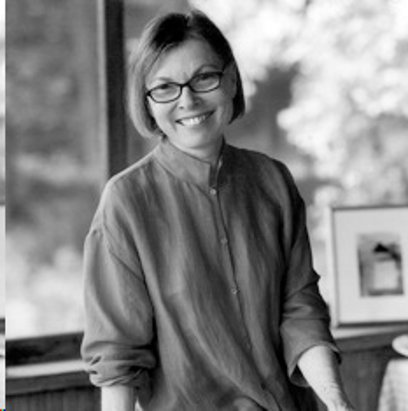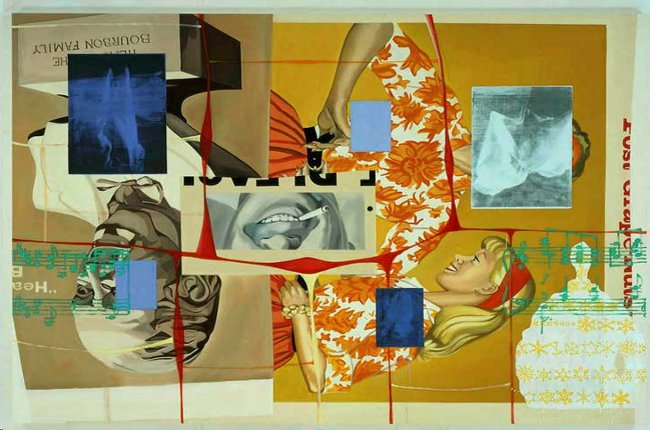Visiting the Arts Through the Lens of Janet Malcolm’s ‘41 False Starts’

Forty-One False Starts: Essays on Artists and Writers
Janet Malcolm
Farrar Straus and Giroux
298 pages
Forty-One False Starts is a collection of essays by veteran New Yorker writer Janet Malcolm. The collection spans more than two decades, ranging from profiles of the painter David Salle and German art photographer Thomas Struth to reflections on the cult of Bloomsbury and J.D. Salinger’s Franny and Zooey. Throughout the book, Malcolm displays the keen intelligence and deft turn of phrase that have exemplified her work for 40 years.
Biography is a subject she has examined from many angles during her career. In one of several biographical sketches, entitled “A House of One’s Own,” Malcolm asks how it is that the lives of the writers and artists of Bloomsbury have evoked so much interest in the recent past. “Were their lives really so fascinating, or is it simply because they wrote so well and so incessantly about themselves and one another that we find them so?”
She goes on to answer her own question:
“Well, the latter, of course. No life is more interesting than any other life; everybody’s life takes place in the same twenty-four hours of consciousness and sleep; we are all locked into our subjectivity, and who is to say that the thoughts of a person gazing into the vertiginous depths of a volcano in Sumatra are objectively more interesting than those of a person trying on a dress at Bloomingdale’s?”

In “A House of One’s Own,” among the best essays in this collection, Malcolm certainly contributes to the fascination with Bloomsbury. She makes ample use of “the letters, memoirs, and journals that reveal inner life” in her exploration, taking the reader deep into the tumultuous lives of Virginia Woolf and her sister, Vanessa Bell.
Other essays focusing on artists and photographers are somewhat less successful. In the title essay, Malcolm encounters unforeseen difficulties in writing about the life and work of David Salle. In 41 brief snippets about Salle’s paintings and high-end Bohemian lifestyle in New York, circa 1994, the artist stubbornly refuses to be “captured” in print:
“To write about the painter David Salle is to be forced into a kind of parody of his melancholy art of fragments, quotations, absences—an art that refuses to be any one thing or to find any one thing more interesting, beautiful, or sobering than another.”

Because “Forty-One False Starts” does in fact rely on a pastiche of “fragments, quotations, absences,” the essay itself takes on a snake-eating-its-own-tail quality and refuses to cohere into a satisfying whole.
On the other hand, her long piece about Ingrid Sischy, the editor of Artforum, is a tour de force look at New York’s hothouse art-world scene of the 1980s. A series of scathing mini-portraits of the key players of the time brilliantly convey this gossipy, hyper-intellectualized milieu (“Robert Pincus-Witten is a short, fresh-faced man … who speaks with the accent of that nonexistent aristocratic European country from which so many bookish New York boys have emigrated”)—while at the same time asking larger questions about the uneasy coexistence of art and commerce in late 20th-century America.
In this and other first-person pieces, Malcolm adopts a sort of naïve outsider’s stance to what goes on around her, nailing artistic pretension to the page with the cold-blooded precision of a lepidopterist pinning a butterfly to a mounting board.
Forty-One False Starts amply displays Janet Malcolm’s singular perspective on the arts in superbly crafted prose that is a pleasure to read.
Author Bio:
Lee Polevoi is a freelance writer and Chief Book Critic for Highbrow Magazine.
Photos: NewYorker.com; Painting by David Salle (Saatchi Gallery website).





























































































































































































































































































































